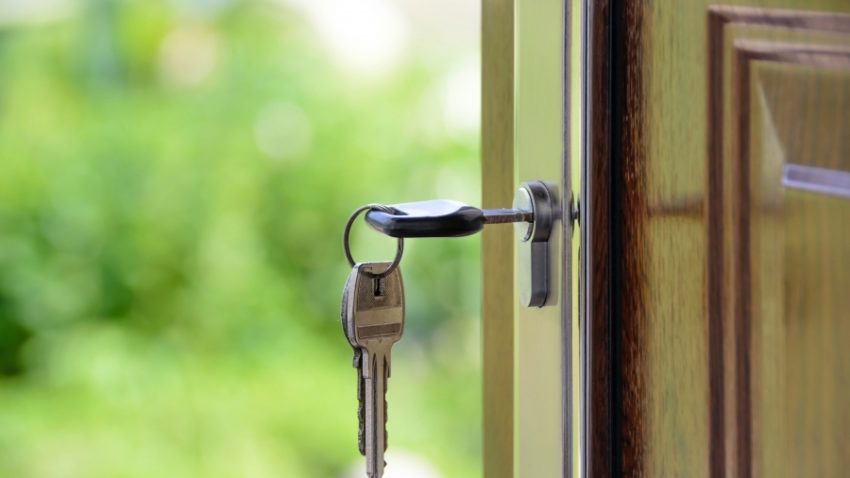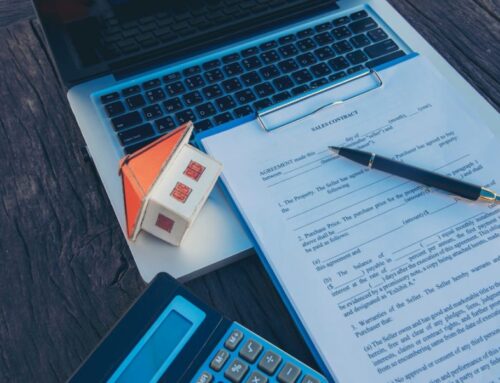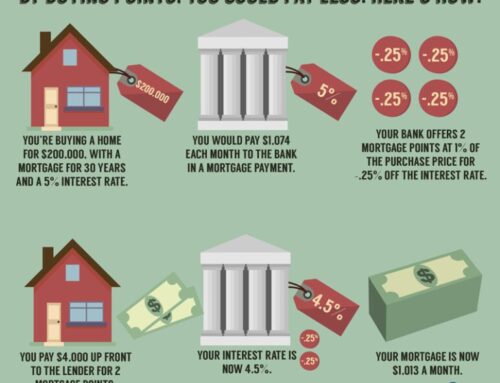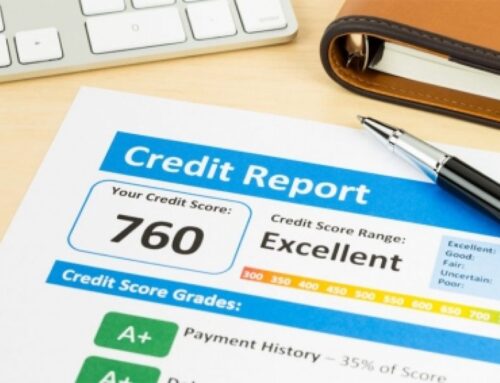With the exception of the VA and USDA programs, along with certain down payment assistance programs, most every residential loan program does indeed require some sort of a down payment. Many borrowers want to come to the closing table with as little cash as possible and as the down payment amount is the largest chunk of change needed, the lowest down payment is often the request. A conventional loan can ask for a down payment of just 5.0 percent with certain first time buyers loans asking for a 3.0 percent down payment. FHA loans need a minimum down payment of just 3.5 percent of the sales price. But if you have more money to put into the transaction, should you?

Many times, this additional cash comes from the sale of a previous residence but of course it doesn’t have to. While conventional loans do have low down payment options, with a down payment of less than 20 percent of the sales price, private mortgage insurance will be required. Making a down payment of 20 percent or more eliminates the need for PMI. A larger down payment obviously results in a lower monthly payment which is another factor to consider.
Making a large down payment will also affect liquidity. A down payment is instant equity in a real estate transaction, the only way to get the money back is either through the sale of the property or an equity loan of some sort. Putting more money down often means tapping into a retirement account such as an IRA or pulling funds from any investment or savings account. When those funds are removed, interest is lost. A larger than required down payment could also mean the funds would be put to use in a better way such as paying down consumer debt or paying off student loans, for example.
Considering an existing mortgage, loan programs today allow you to pay the loan down. Perhaps retirement is soon coming into the picture and paying down a mortgage is a solid financial plan. One thing to note however is that with a loan carrying a fixed interest rate, the payment will not change, just the loan amount will be lowered. With an adjustable rate loan however, the monthly payments will change as the loan amounts are reduced.
Coming in with a large down payment is a personal financial decision and for most that means it’s time for a talk with a financial planner and your loan officer. There are multiple considerations when paying extra on a mortgage or coming to the settlement table with a larger-then-required down payment which means seeking advice from a professional.
Position Realty
Office: 480-213-5251



